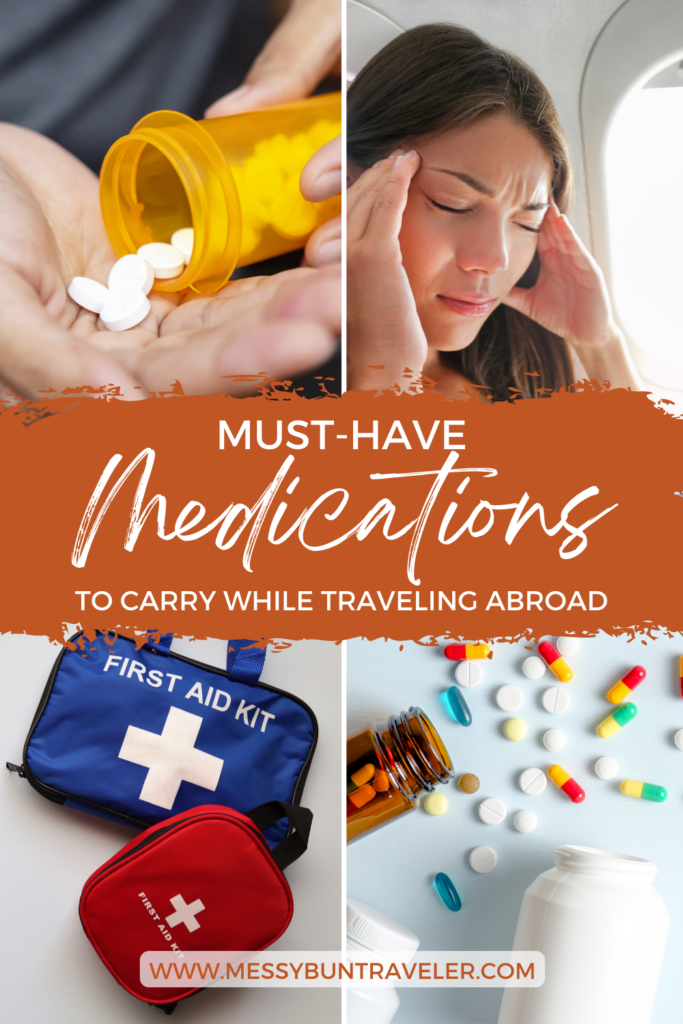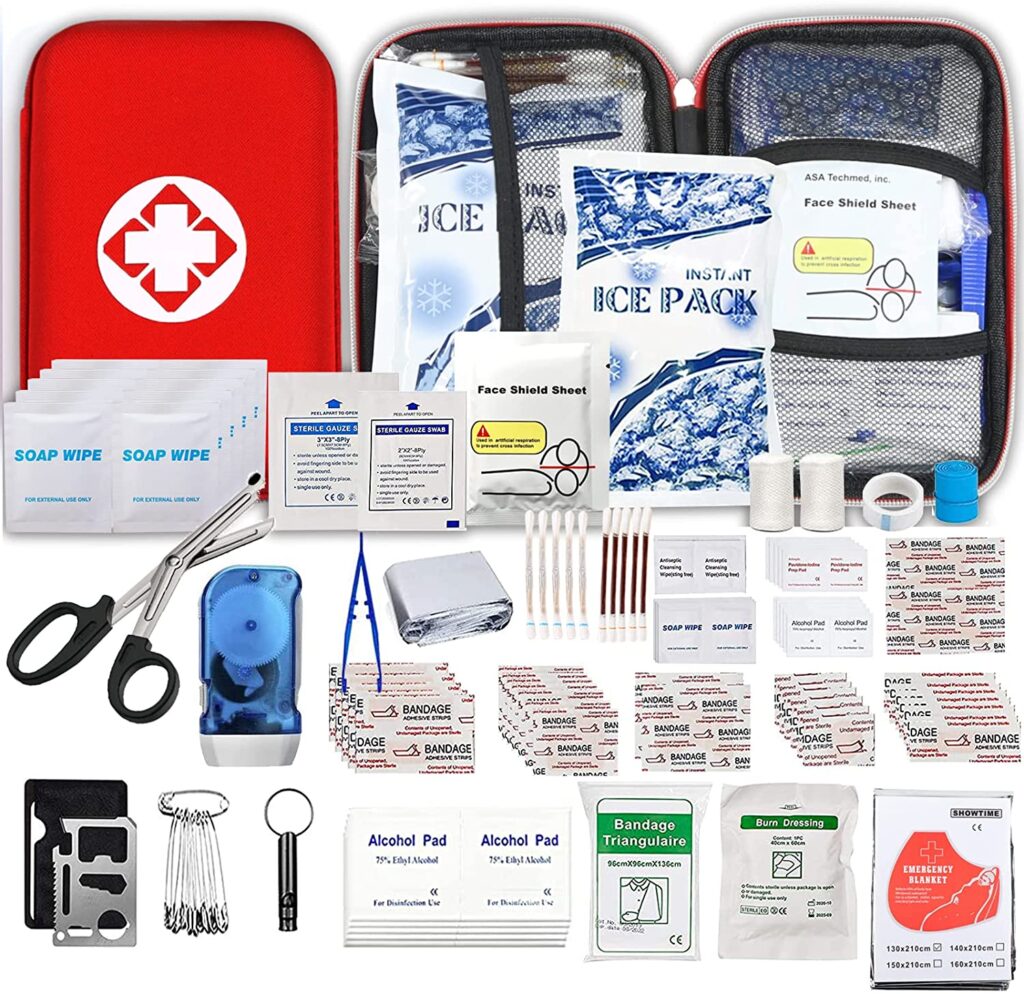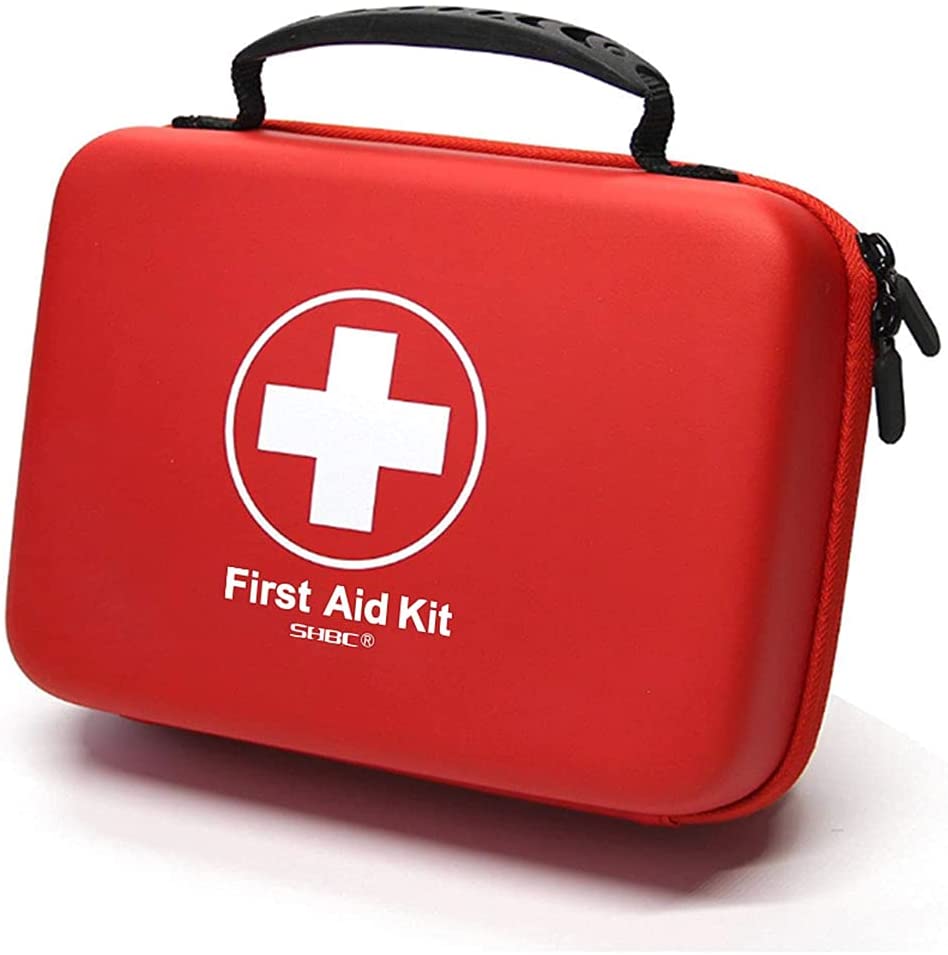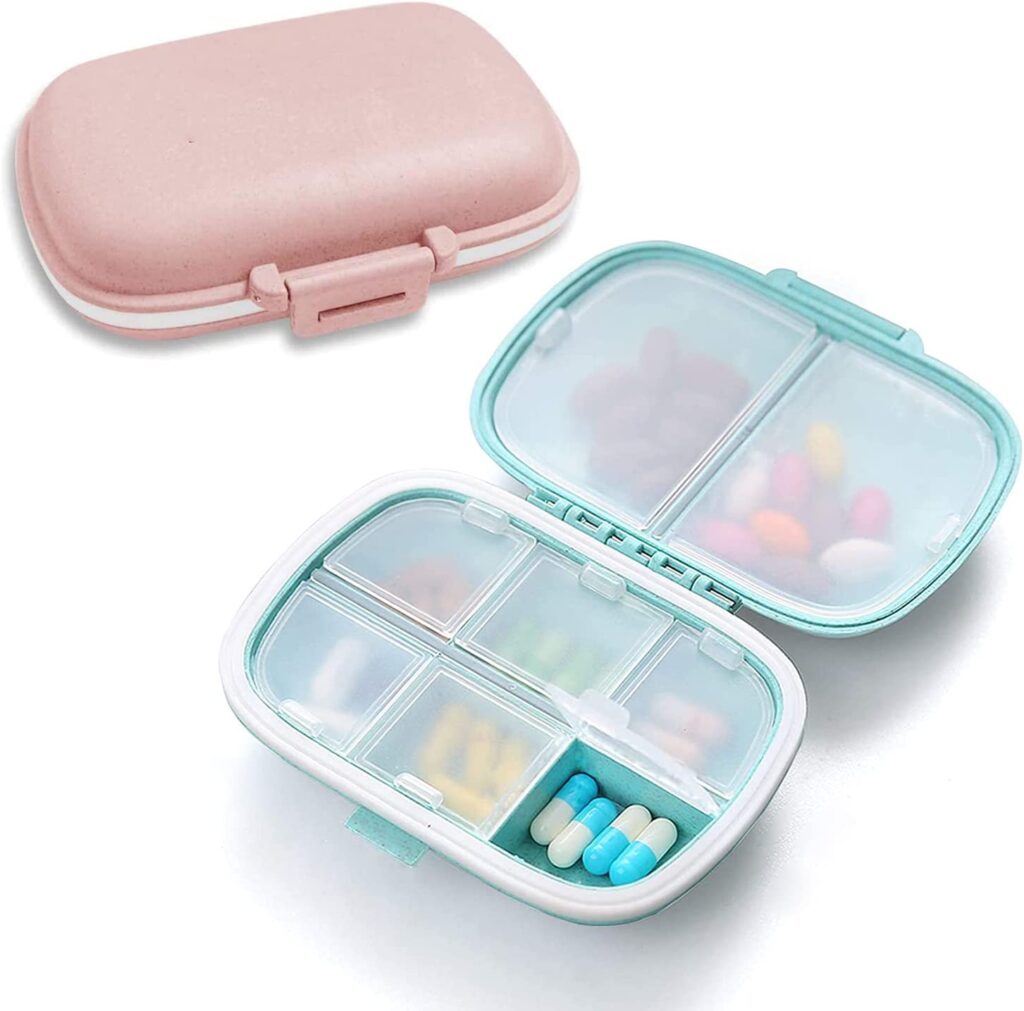Hey There!
I'm Reina
I am a full-time traveling registered nurse, fitness enthusiast, and nutrition expert. Every morning I wake up intending to bring awareness of the importance of health and spiritual wellness, especially to the traveling community. At Messy Bun Traveler, we promote travel that allows the traveler to either kick-start, maintain, or enhance a healthy lifestyle. So whether you're someone who travels for business, travels for pleasure, or new to travel and looking for health advice while on the road, this blog is for you!
inspiration
Categories:
health
destinations
fitness
resources
wellness
Privacy & Disclosure
The Messy Bun Traveler is designed to bring you fun stories, destination guides, and healthy travel advice. To help cover the cost of running this site, all posts are sprinkled with hand-selected affiliate links. When you click on one of these links and make a purchase, I will earn a small commission at no additional cost to you. I only accept affiliate links and paid advertisements from brands I believe in, trust and use personally. Thank you for your continued support!
Must-Have Medications to Carry While Traveling
December 20, 2018

It’s not just a coincidence or “bad luck” to get sick in some way or another while traveling overseas.
I myself have gotten sick on nearly half of the past trips I’ve been on. Sometimes it’s just a nasty stomach bug that lasts for a few hours- sometimes it’s a full-blown sinus infection that has me contemplating whether I should return early or not…
I will say, if I didn’t carry this short list of medications on me during my travels, I wouldn’t have been able to push through and carry out my adventures on the road.
Some of these medications I had always carried, but after doing some digging on the CDC website, I’ve put together the perfect checklist for staying healthy on your next trip!
Here’s your list of must-have medications to carry while traveling abroad!
Any prescription medications you’re currently taking
It may sound like a given, but you’d be surprised at how many people forget to pack their prescribed medications. It’s always a good idea to put them in your carry-on luggage as well- just in case you don’t have immediate access to your checked bag. Also, if you have severe allergies, make sure to bring your epinephrine pen!
It’s always a good idea to let one of your travel companions know where you intend on keeping it in case of emergencies (also teach them how to use it if they don’t know how).
Anti-Diarrhea Medication
Carrying anti-diarrheal medication (such as Imodium) is so important considering that diarrhea is one of the most common illnesses while traveling. It’s usually caused by contaminated food or water—but sometimes it just happens.
When traveling through a foreign country, our body’s digestive system may not be used to the diet you’re now exposing it to and as a result, can’t digest it properly.
See also:
- How to Avoid Food Poisoning: A Traveler’s Survival Guide
- How to Maintain a Healthy Guide While Traveling Abroad
Laxatives
Continuing on with digestive issues, sometimes your new diet can have the opposite effect. Carrying laxatives on you can help regulate your digestive system until your body adjusts.
Antacids
Although trying all the new foods and drinks while traveling makes you happy, sometimes your stomach does not feel the same way. Stomach aches and heartburn are common, which is why carrying antacids, such as Tums, is a good idea.
Antihistamine
Sometimes, new plants, animals, and climates can confuse your immune system- leaving you with an itchy throat and eyes, sneezing, stuffy nose, etc. An antihistamine, such as Benadryl, can help combat this.
If you’re looking for something that is non-drowsy, try Claritin.
Nasal decongestant
Need to clear your head? A good nasal decongestant (such as Sudafed) can do the trick.
Let’s face it, no one likes to travel while congested.
Anti-motion sickness medication
While you’re traveling, you’re moving. Whether it’s on an airplane, car, or boat- sometimes all that movement can make you feel queasy and nauseated.
Don’t try and just tough it out; instead, bring along an anti-motion sickness medication such as Dramamine.
Pain medication
Bringing pain medicine kind of goes without saying. These over-the-counter medicines can help with your aching feet from a day’s worth of exploring, or even help combat a nasty headache after a night of drinking.
See also:
Cough suppressant & cough drops
When you travel, your exposure to various bacteria and viruses amplifies- leaving you prone to all kinds of illnesses. Cough drops can bring temporary relief until you get over your cold.
Also, less coughing decreases your chances of spreading it to your travel buddies.
Antifungal and antibacterial ointments
If you end up with any cuts or scrapes, in order to keep it from getting infected you’re going to want to thoroughly clean it out and apply an antifungal or antibacterial ointment. Especially if you’re traveling in a warm, humid climate where bacteria flourish- these topical ointments are essential.
Hydrocortisone cream
This is good for so many things- insect bites, poison oak/ivy, eczema, dermatitis, hives, rash, or the general itching that you really can’t go anywhere without it.
There’s nothing more annoying than having itchy and irritated skin- carrying hydrocortisone cream is a lifesaver.
Multivitamins and immune system boosters
With all this talk about increased exposure to bacteria, viruses, fungi, etc.; in order to keep your immune system at its best, routinely take multivitamins and immune system boosters such as vitamin C or Airborne.
Electrolyte replacement tablets
Having electrolyte replacement tablets on hand is so important while traveling. Electrolyte replacements are used to replace fluids and minerals usually lost from vomiting or diarrhea. They are also good for combating dehydration if visiting a hot, humid climate and you’re just constantly sweating.
Drinking water is good, but you also need to replenish your electrolytes (sodium, potassium, etc.).
Now, I know some of you may be thinking, “How do I fit all these in my carry-on?” And the answer is simple. You don’t NEED to bring full bottles of all these medications…A couple of each for a week’s trip is sufficient.
Check out these perfect First Aid Kits for traveling!
Make sure to share this post or save for later!
Join my newsletter
* We will never share your details with any third party


